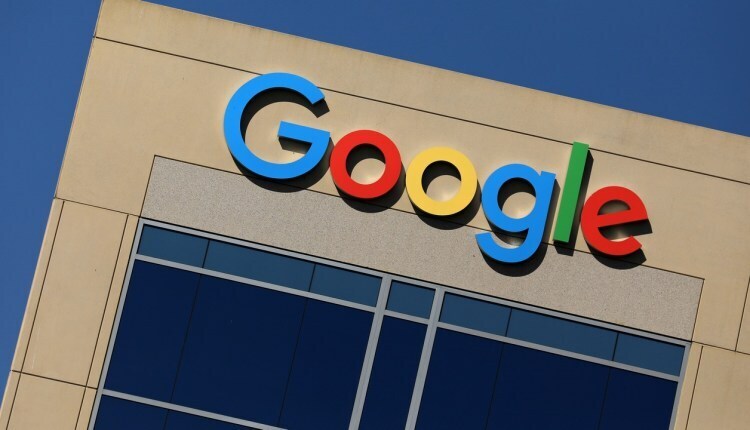
EU adopts new rules to significantly cut packaging waste with re-use targets
The European Union has formally adopted a regulation on packaging and packaging waste. The new ...

Google is committed to help more than 500 cities and local governments globally reduce a total of 1 gigaton (Gt) of carbon (CO2) emissions annually by 2030 – that’s the equivalent of the annual carbon emissions of a country the size of Japan, CEO of Google and Alphabet Sundar Pichai said in a press release.
To do this, the company will empower city planners and policymakers with the Environmental Insights Explorer (EIE), a platform developed by analyzing Google’s comprehensive global mapping data together with standard greenhouse gas (GHG) emission factors. Today, Google is expanding access to EIE, going from 122 cities with access to more than 3,000 cities worldwide—a 25-fold increase. We’re also partnering with leading organizations, like ICLEI and Ironbark Sustainability, to support local climate action planning.
Google – in its third decade of climate action – seeks to operate on 24/7 carbon-free energy in all its data centers and campuses worldwide.
This is far more challenging than the traditional approach of matching energy usage with renewable energy, but Google is working to get this done by 2030.
The company is investing in technologies to help its partners and people all over the world make sustainable choices. For example, it is investing in manufacturing regions to enable 5 GW of new carbon-free energy, helping 500 cities reduce their carbon emissions and finding new ways to empower 1 billion people through its products.
Google expects this to spur more than $5 billion in clean energy investments, avoid the amount of emissions equal to taking more than 1 million cars off the road each year, and create more than 8,000 clean energy jobs.
Sustainability has been a core value for the company since Larry and Sergey founded Google two decades ago.
Google was the first major company to become carbon neutral in 2007.
It operates the cleanest global cloud in the industry, and it is the world’s largest corporate purchaser of renewable energy.
By 2030, Google is aiming to run its business on carbon-free energy everywhere, at all times.
The company will start by working towards 24/7 carbon-free energy at all of its data centers and campuses around the world. Its data centers power the products and services you’ve come to rely on every day. This will mean every email you send through Gmail, every question you ask Google Search, every YouTube video you watch, and every route you take using Google Maps, is supplied by clean energy every hour of every day.
Google will invest in approaches that make it possible for it to source reliable carbon-free energy in all locations, at all times of day.
The company will do things like pairing wind and solar power sources together, and increasing its use of battery storage.
Moreover, it is working on ways to apply AI to optimize its electricity demand and forecasting. These efforts will help create 12,000 jobs by 2025.
Importantly, Google thinks its work can accelerate the availability of clean energy in communities worldwide, and help to solve challenges that have held back its ability to become an around-the-clock source of energy.
The company is introducing a number of initiatives to help partners and organizations reduce their carbon usage and remove carbon from the atmosphere.
Nonprofits, civil society organizations, and universities also play a critical role. Google is working with a network of environmental organizations, such as Crowther Lab, on a science-based approach to reforestation and restoration.
Google is also launching a €10 million Google.org Impact Challenge in Europe to support promising ideas and projects to support sustainability, selected by independent experts.
Google is optimistic that by harnessing new technologies, investing in the right infrastructure and tools, and empowering partners, nonprofits and people, this can be the most decisive decade for climate action yet. Google is proud to do its part, and to help move the world closer to a carbon-free future for all.
The European Union has formally adopted a regulation on packaging and packaging waste. The new ...
Inaugurating the Abydos Solar Power Plant in the Upper Egypt governorate of Aswan represents a ...
Businesses that fail to adapt to climate risks like extreme heat could lose up to ...


اترك تعليقا